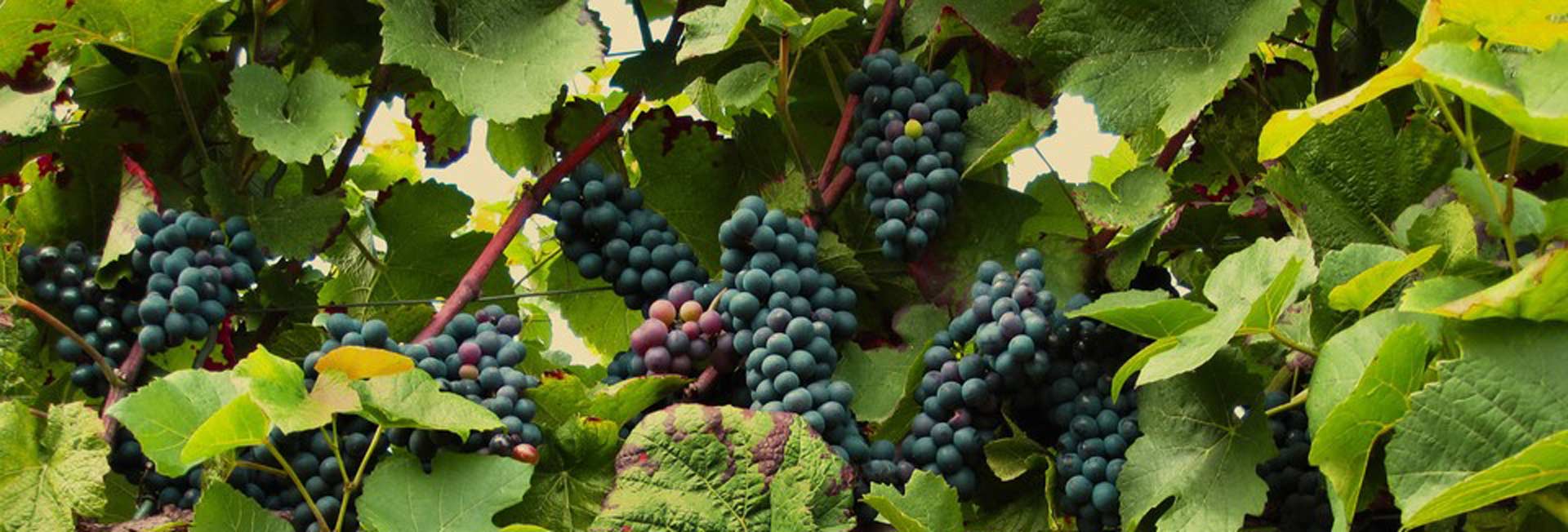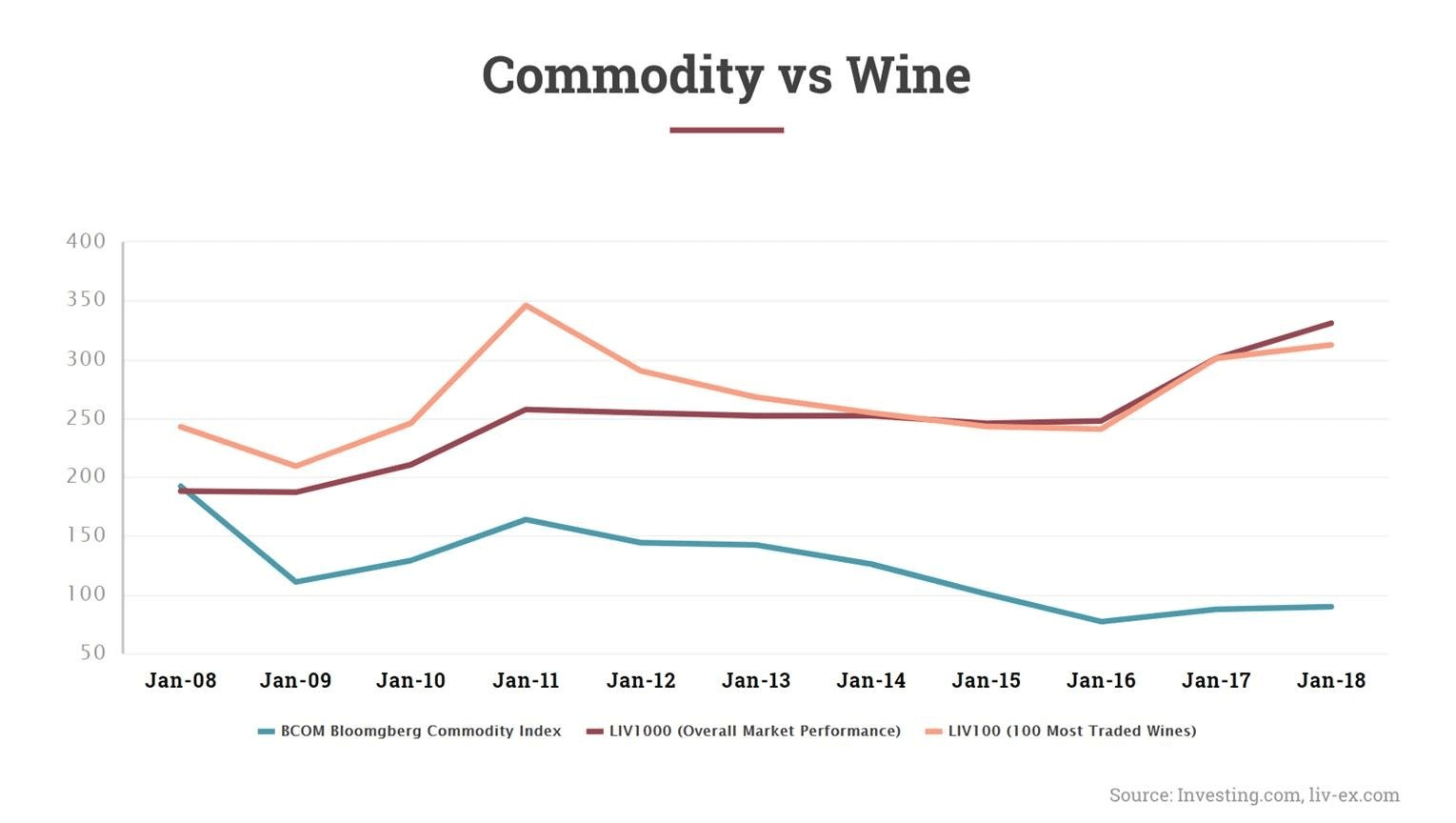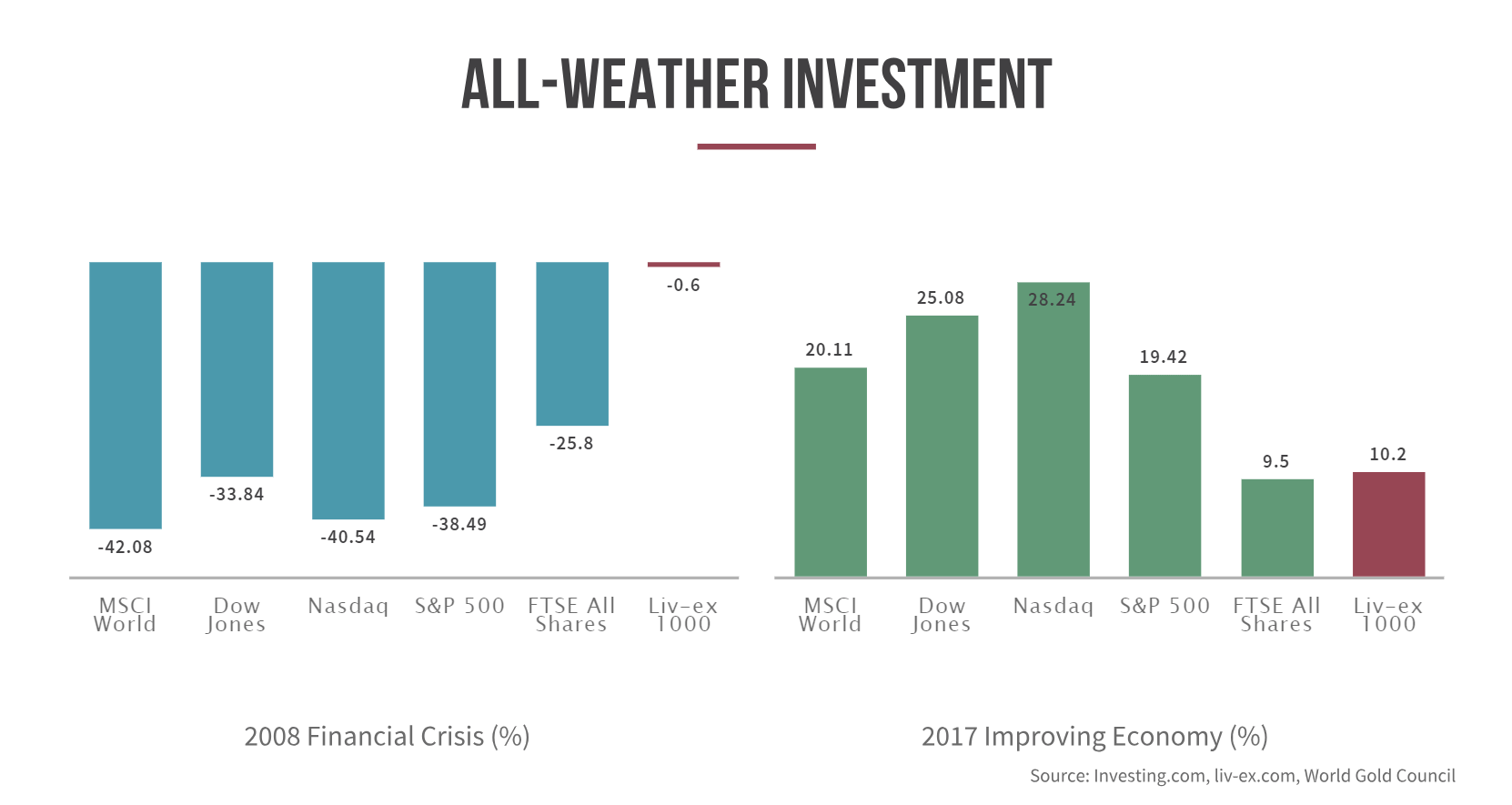
It feels that almost every financial investment journalist or wealth manger is talking about, and recommending, some degree of diversification these days given the volatile nature of the global equity markets.
It all makes sense but diversification into what? Given that we are talking about the mass and emerging affluent here (definitions seem to vary but individuals with $100,000-$1m+ of investable funds) then the options appear to be limited at first glance.
If we assume that the four core asset classes are: cash, fixed income, equities and fund structures for this sector then the options to diversify are slightly limited apart from going from one to the other. Further investigation suggests that some wealth advisers look to alternative investments which open up many more options, their benefits, regulatory status and risks clearly and correctly stated. However, little is spoken of the use of one of the world’s oldest forms of investment and trade, commodities. I can find precious few options, apart from commodity ETF's and physical bullion that allow these investors the ability to effectively and efficiently gain exposure to this vital asset class.
The mere mention of commodities to many may make them think of wheat, oil, metals and of course the more esoteric ones like pork bellies etc. Then they may think of the derivatives markets and the now defunct and colourful open outcry exchanges of days gone by (glad the LME remains) and a combination of the two may suggest that this is a high capital investment, high risk and all too exotic a space to sink their hard-earnt cash into. And who wants to own a bushel of corn anyway? Yet still, the commodity ETF market is significant and growing so what is the appeal? Are there alternatives that are easier to access, better correlated, more profitable, less volatile and, dare I say it, more enjoyable? Read on.
The core economic drivers of commodities are dictated by the law of supply and demand and this is at the heart of a diversification approach. Whilst the supply/demand laws can affect the traditional financial markets, this is to a far lesser extent. In commodities you are dictated by it. Is a very easy model to grasp. So, if the idea appeals then what next? What to consider?
Choosing a commodity that has a lower volatility profile based on years and years of data is a nice option. Finding one that has correlation characteristics to balance other assets and performs well in good times and bad makes sense.
Physical ownership of the asset. Historically, these are are a store of intrinsic value irrespective of market conditions and time. Through physical ownership of the asset a sense of connection and choice with the investment decision is an appeal to some and denied through a commodity fund structure.
A commodity class that offers a vast array of specific underlying assets, with global coverage and historical 'grading' going back 100 years or more puts more variety and range into the overall diversity approach and appeal. Buying into a demand curve driven by fact and with well researched forecasting data helps ease investor fears.
An asset to be viewed as a medium to long term hold adds to the 'duration term' balance of the portfolio-some investments in life do not need to be checked many times a day, we are not talking of day trading here.
Relative low cost of entry and sufficient liquidity to enable eventual easy exit are both high on the list of requirements. A commodity that has a trade price discovery mechanism and exchange venue as opposed to just an auction house adds comfort. Likewise a commodity that is both large enough to work efficiently in the supply/demand model yet not of a size that would attract institutional investor speculation may appeal.
And perhaps most of all, performance. If all above boxes are ticked yet the returns are unacceptable then what is the point?
So what commodity fits as an asset class that appeals to an investor looking at a sensible and well thought out diversification strategy? I'll leave you to answer that with some hints from the graphs below. Oh, and trust me, the 'investment journey' is significantly more enjoyable than buying an ETF.....







